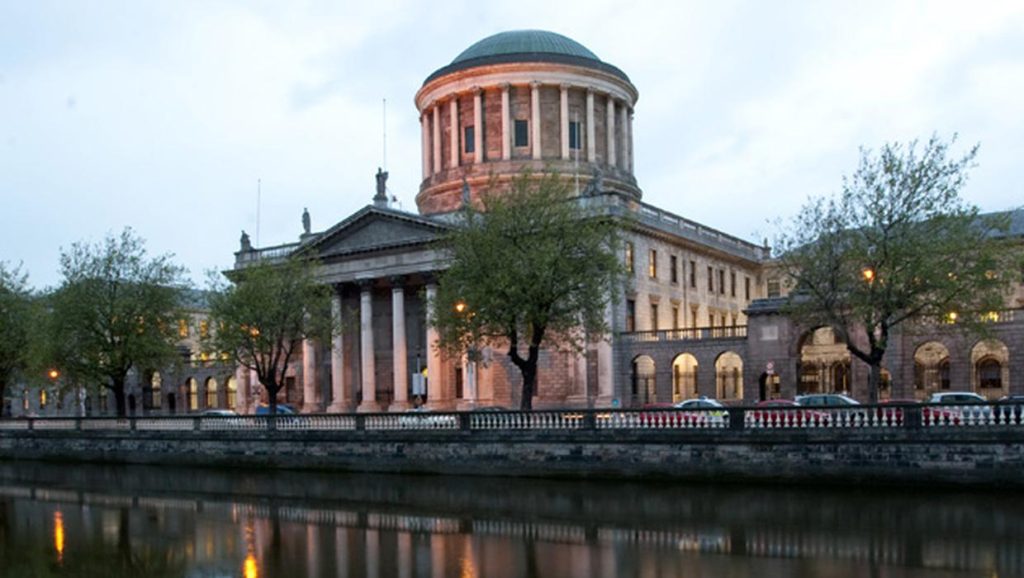
Throwing the kitchen sink at a case and putting forward every conceivable argument that crosses your mind can backfire badly when it comes to the issue of costs.
The Revenue Commissioners obtained a favourable decision in the case of Byrne v Revenue Commissioners in the High Court. However, they were penalised when it came to the order for costs.
Background
The Tax Appeals Commission had found that Mr Byrne should have known there was a vat fraud regarding the supply of fuel to his filling stations. The effect of this fraud was that Mr Byrne could not set off the vat paid on his purchases against his sales.
Mr Byrne appealed that decision to the High Court. The Revenue Commissioners won their case but there was a fly in the ointment when it came to the question of the legal costs. The High Court reduced the award to Revenue to 60% as Revenue had raised unreasonable arguments in an exercise of throwing the kitchen sink at the case.
It is a statutory and common law entitlement that costs follow the event in legal disputes and the ‘winner takes all’. But there is a certain degree of discretion on the Legal Services Regulation Act 2015 when it comes to deciding the issue of costs.
Courts must consider if it was reasonable for the winning party to raise all the arguments he raised. And in this case the High Court held that Revenue had raised two unreasonable and tenuous arguments in the course of the hearing. The consequence was to reduce Revenue’s costs order to 60% of their costs.
The arguments advanced by Revenue which the High Court held were unreasonable were:
- The High Court lacked jurisdiction to hear the appeal from the Tax Appeals Commission, and
- The High Court should not review the script of the Tax Appeals Commission hearing.
Adverse costs orders
The High Court went on to give some guidance as to adverse costs orders such as the one in this case as follows:
- A litigant who pursues a legal argument with no reasonable prospect of success is behaving unreasonably
- Revenue should not act as if it had unlimited resources and should be conscious of costs
- A scattergun or kitchen sink approach to the case may lead to an adverse costs order
- The Court can consider all issues raised including whether the case should have been pursued in a timelier manner
- The rule of ‘costs following the event’ is subject to the Court looking at the reasonableness of the legal arguments raised
- An adverse costs order can be made or an order for certain costs to the losing party
Conclusion
Avoid a scattergun approach in your legal arguments. More rifle fire and less shotgun is a better way of approaching your case in the High Court.